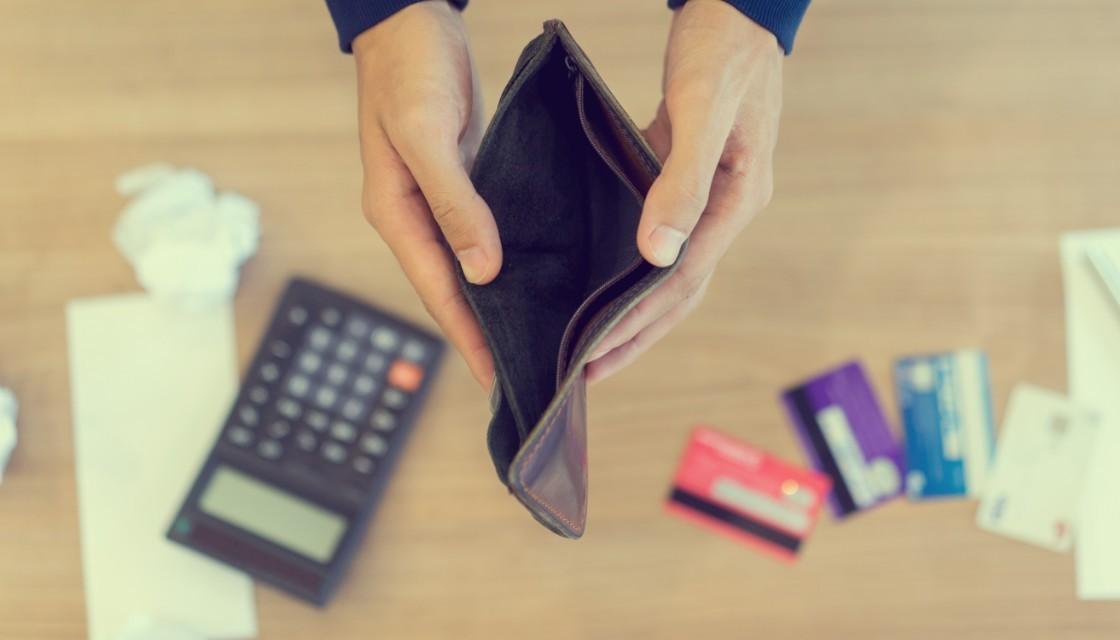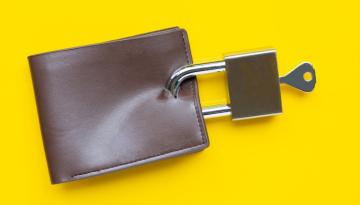
Consumer confidence lifts in May but still at record lows - bank survey
Consumer confidence lifted in May, but current spending intentions and views of the short-term economic outlook are pessimistic.
The latest monthly ANZ-Roy Morgan Consumer Confidence Index, which interviews 1000 people across a range of demographics, shows that overall confidence lifted by 12 points in May, to 97.3.
The number of respondents who think now is a good time to buy a major household item rose by 36 points, to -15 percent, showing that, as in April, more think it's a bad time.
Related News

Consumer confidence plummets in March amidst COVID-19 crisis

ANZ expects higher unemployment figures than Government predictions
NZ chief economist Sharon Zollner said willingness to spend on larger household items had reached the same level as the lowest point in the last recession. This may be good or bad news.
"The upshot is that retailers will continue to do it tough well beyond the COVID-19 disruptions," Zollner said.
Asked whether they expect New Zealand to have good, bad, or some good, some bad times in the next 12 months, 61 percent of respondents expect bad times.
The number of people who think they're currently in a better position than in May 2019 increased by just 4 points. Equal numbers said they feel financially better off as those who feel financially worse off.
Looking ahead, a net 23 percent expect to be in a better financial position this time next year, an increase of 9 points. This result is the same as in September 2019.
The wage subsidy scheme and lower interest rates have helped curb job losses so far. But job security is falling and house prices aren't increasing.
“The bounce is similar to what we’ve seen in Australia as fiscal and monetary policy measures ease the immediate pressure. But tough times lie ahead," Zollner said.
Consumer perceptions of the five-year outlook rose by 4 points, to 24 percent.
Slightly more people think house prices will go down in the next two years (39.6 percent) than those who think they'll go up (33 percent). Overall expectations for house price inflation were negative (-0.2 percent). In the South Island outside of Canterbury, expectations were even lower at -1.5 percent.
Overall inflation expectations dropped 0.3 percent to 2.9 percent, with 61 percent of respondents expecting general prices to go up in the next two years.
Addressing optimistic views of things being better in a year's time, Zollner said that the current situation shows spending intentions are low. It's questionable whether they'll increase.
“We should celebrate our success in beating back COVID-19, but the wreckage lies all around us.
"The loss of jobs in international tourism, in particular, is a hole that won’t be filled easily or quickly. We see elevated unemployment affecting household sentiment and spending for a long time yet,” Zollner said.